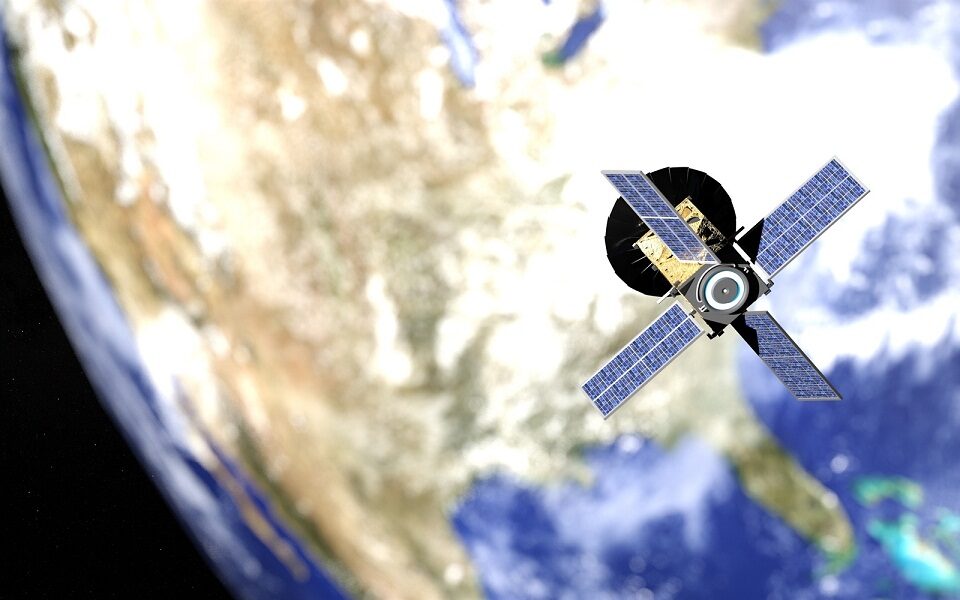Sky’s the limit for Greek satellites

The countdown has started for the 13 Greek cube satellites, known as microsatellites, to go into orbit. They will be built by a total of seven joint ventures of Greek companies and academic institutions by 2024.
These are satellites the size of a washing machine, which will be used for Earth observation, telecommunications and secure connectivity. The microsatellites, through ground stations in Greece, will communicate with conventional satellites. Their comparative advantage over normal satellites is that they are in low orbit, at an altitude of 400-1,000 kilometers, so they can be used more effectively in specific missions.
With microsatellites being recommended for research purposes, the Ministry of Digital Governance, under then Minister Kyriakos Pierrakakis, created the National Microsatellite Program, which has a budget of over 200 million euros and is financed by the Recovery Fund. In this context, at the end of 2021, Greece entrusted the European Space Agency (ESA) with the management and implementation of the Greek national satellite space project, which includes, among other things, the development of cube satellites. Following an open call by the ESA, seven consortiums were selected to develop the first network of 13 microsatellites.
“The opportunity given to the Greek space ecosystem, and especially to small and medium-sized enterprises and universities, is unique in Greek history. We took this opportunity to acquire the necessary know-how, under the guidance of the ESA, allowing us to provide end-to-end solutions in the promising new space market. The technologies of secure connectivity and Earth observation we will test in our own cubesat mission bring us into a small group of European companies with corresponding capabilities, which significantly strengthens our competitiveness,” notes Konstantinos Pilaftsis, director of business development at Planetek Hellas, to Kathimerini.
Planetek leads one of the six consortiums (Optisat), which includes the companies BitRezus, JNP and the University of Piraeus. The technology the company has created will automatically recognize which ground stations will be covered by cloud, allowing the microsatellite (which it will create) to autonomously select the most suitable one to establish a connection.





